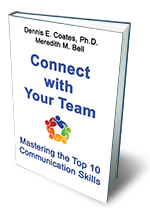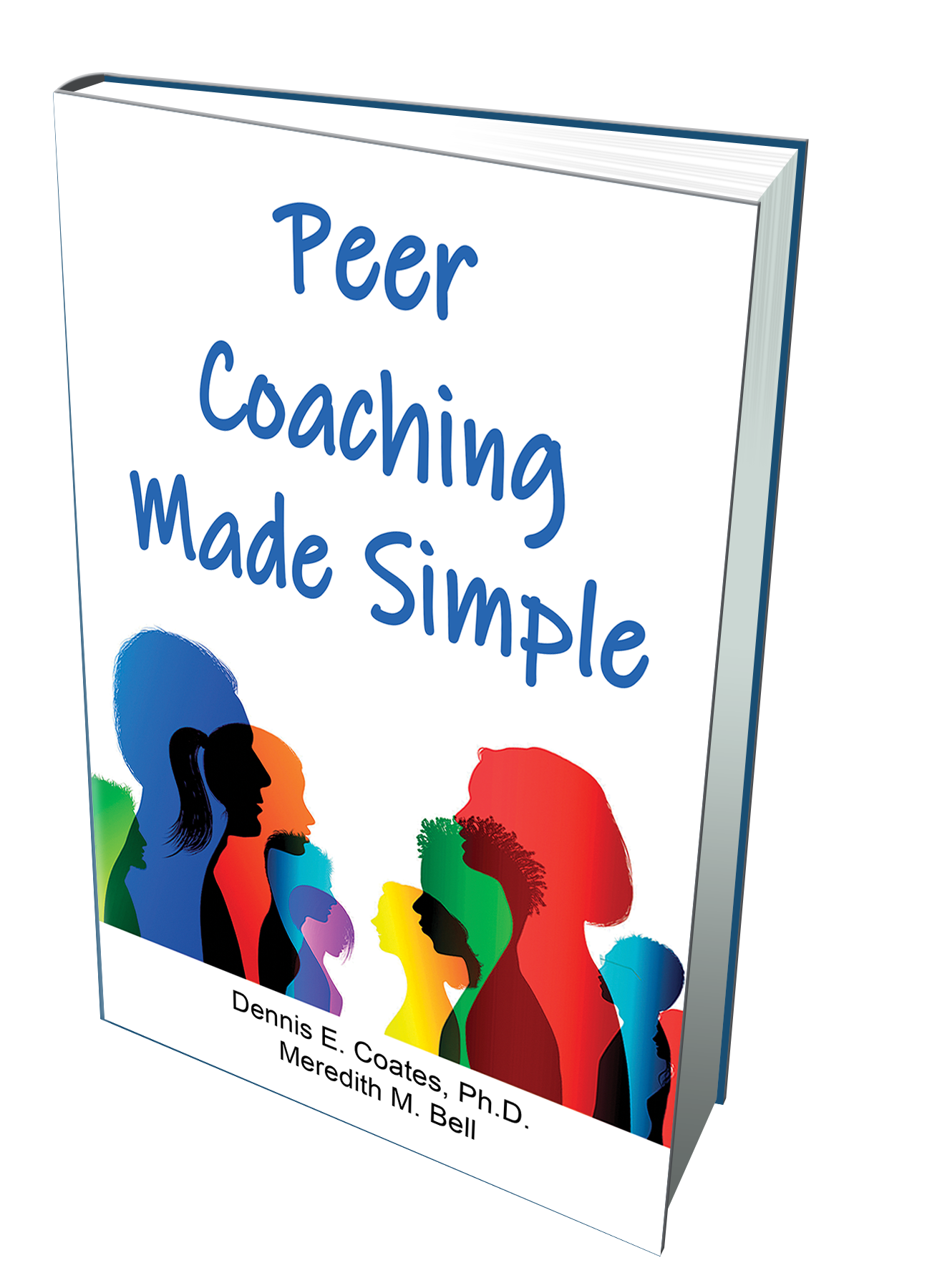
313: The Leadership Playbook: Access, Advocacy, and Action
313: The Leadership Playbook: Access, Advocacy, and Action
Not everyone has equal access to mentoring and sponsorship opportunities. Ayana Carroll is on a mission to change that for Black mid-level managers. In her work with clients and in our conversation for this interview, Ayana shares valuable tips that can help those managers as well as those who make decisions around promotions.
Ayana is the Founder of ARC Consulting, and she’s dedicated to elevating Black mid-level professionals into transformative leaders. With over 25 years of HR leadership and DEI expertise, Ayana specializes in breaking down barriers to leadership, including limited access to high-visibility projects, mentorship gaps, and challenges in self-advocacy.
As the first Black professional to rise to the level of Vice President and Chief Diversity Officer at Fluence, Ayana created and led the company’s first DEI department. This pioneering initiative established pathways for diverse hires, increased representation in leadership, and drove inclusion at all levels.
Ayana has extensive experience coaching C-suite leaders as well as mid-level managers, creating tailored learning paths to accelerate their development. She also volunteers with various homeless organizations to support individuals on their journey to stability and success.
You’ll discover:
- Why Ayana focuses her work on mid-level managers
- The current narrative around Black talent…and how Ayana is reshaping it
- What mentors and sponsors can do
- Why STAY interviews are vital to retaining talent
- How Ayana helps managers create a plan for career development













